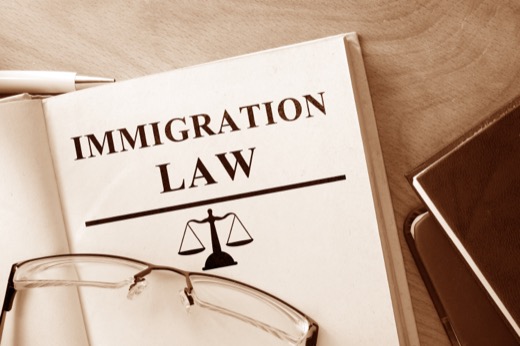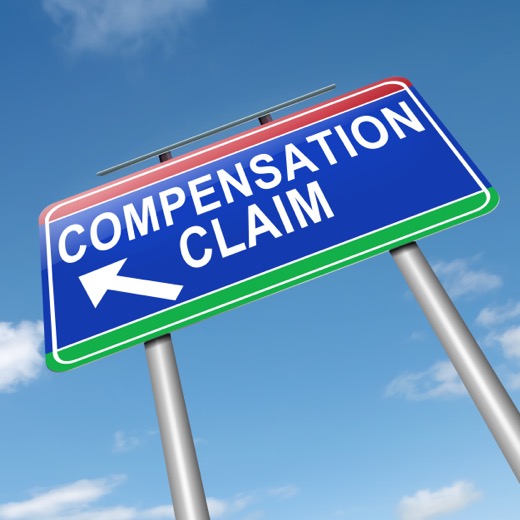Workplace accidents in Georgia typically lead to workers’ compensation claims, which cover any medical bills the injured worker incurs and provide them with a weekly disability income. It can be very frustrating to deal with workers’ compensation claims because employers and their insurance companies frequently contest an employee’s work-related injury claims. Some will even try to deny or underpay the claim completely.
A Georgia work injury lawyer can help employees who need to file for benefits; the lawyer can ensure that a fair outcome is reached. A competent lawyer can provide legal assistance to anyone who needs to seek workers’ compensation benefits in Georgia. In addition to medical bills, lost pay, and pain and suffering, the worker’s lawyer can help ensure that the employee gets all of the benefits that are due to them.
In Georgia’s private industry employers, over 78,000 nonfatal injuries and illnesses were recorded in 2019, translating to a 2.5-percentage rate for every 100 full-time equivalents.
Workers’ Compensation Insurance Is Defined as Follows by a Personal Injury Lawyer in Georgia:
In addition to providing death benefits to the surviving families of deceased employees, workers’ compensation provides benefits for medical expenses, lost income, and rehabilitation costs for employees injured or sick while working. This protection includes medical expenses, lost income, and rehabilitation costs.
What Factors Influence the Cost of Workers’ Compensation Insurance?
Accordingly, a rating system is developed for each category of businesses in a state that has similar statistics and costs of workplace injuries. The numbers for each category are determined by examining the expenses incurred by all businesses in that category for the prior five years. Consequently, the rates are determined based on actual potential losses of each class of business, and the state’s economic factors are then imposed on that information to determine the rates for each class in that particular state.
A mechanism known as “experience rating” allows for the change of class rates depending on an individual company’s loss history. Businesses with safe working environments are rewarded with lower workers’ compensation rates, while those with dangerous working environments in turn are penalized with higher premiums.
Who Must Have Workers’ Compensation Insurance?
Georgia law requires businesses with three or more employees to have workers’ compensation insurance. Hefty fines, and possible jail time, along with the cancellation of a business license are all possible consequences in the case where a business fails to provide workers’ compensation coverage.
What Needs to Be Done to File Workers’ Compensation?
Employees should see a medical professional as soon as possible so that there is ample medical evidence supporting their claims. After a doctor’s review, employees should start the claims filing process, making sure that all the paperwork or documents specified by their state are provided. When such appeals are approved, the recipients will get their compensatory damages and will be able to return to work when they are ready.
Can I Visit Any Doctor I Want?
You will have to choose a doctor from the Traditional Panel of Physicians approved by your employer. Details of this panel should be placed in your workplace and in most cases, you will need to select one of the six doctors sitting in the said panel. The details of this panel should be easily accessible and are frequently posted inside breakrooms or common areas.
Will I Be Compensated If I Do Not Show Up for Work?
The state requires injured workers to receive at least two-thirds of their normal income and a weekly maximum of $675. However, these benefits are typically limited to those who cannot work due to an injury.
You may be eligible for up to $450 a week in additional compensation if you can return to part-time employment or a lower-paying job until you can return to full-time employment or your prior position. These two wage compensation advantages are only available for a limited period (up to 400 weeks or 350 weeks respectively.)
What If My Injury Makes It Impossible for Me to Return to Work or Earn the Same Wage in The Future?
Catastrophic and non-catastrophic are the two types of categories when it comes to workplace injuries.
When someone is injured on the job and cannot return to their old employment or a comparable job with equivalent pay, this is considered a catastrophic injury. Examples of catastrophic injuries include amputations, severe burns, blindness, paralysis, or traumatic brain or spine injuries.
There are more benefits available to individuals who are injured catastrophically and, in some instances, the benefits can extend much longer than for other types of injuries. Vocational retraining and rehabilitation are just a few of the additional benefits that are available when it comes to catastrophic injury victims.
Increasing the ability of the injured party to obtain meaningful employment, in areas that pay comparable amounts, or assist them in returning to their previous occupations despite their impairments is the goal of this supplementary benefit. It is considered the ethical obligation of businesses to provide these to employees who suffer catastrophic injuries.
If these are not being provided to the injured worker, a personal injury lawyer in Georgia can be engaged to ensure the employee is provided the needful.
What Are the Death Benefits Provided by Workers’ Compensation?
Families of workers who die in a workplace accident are entitled to receive two-thirds of their weekly wages for 400 weeks, or until the $150,000 threshold is reached. Workers’ families may also be entitled to up to $7,500 for funeral and burial expenses. To receive the maximum death benefit, certain conditions must be met. A Georgia work injury lawyer can aid in obtaining these wages and benefits for the deceased worker’s family.
Contact a Georgia Work Injury Lawyer Today:
Workplace injuries occur on a daily basis and unfortunately, justice is not provided to every worker who goes through them. Consider calling a personal injury lawyer in Georgia for a free consultation if you find yourself in a scenario where your workplace injury claim has been dismissed unfairly.








